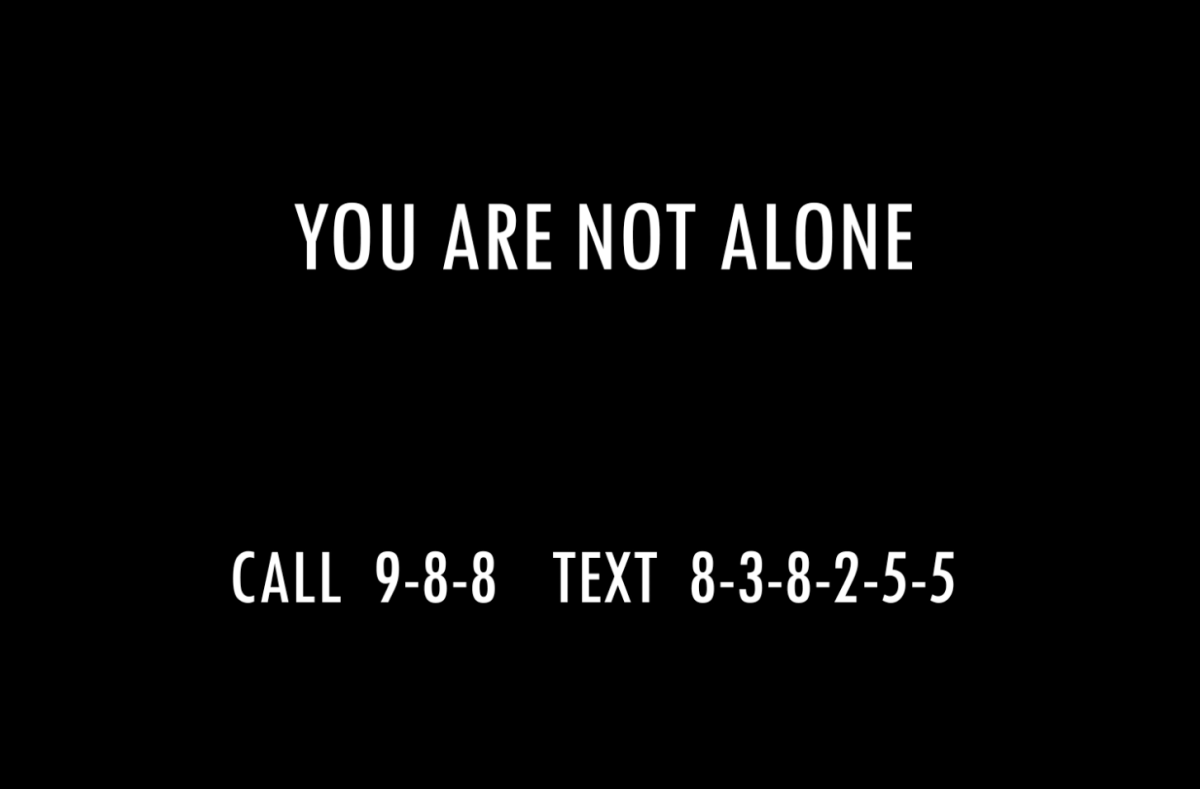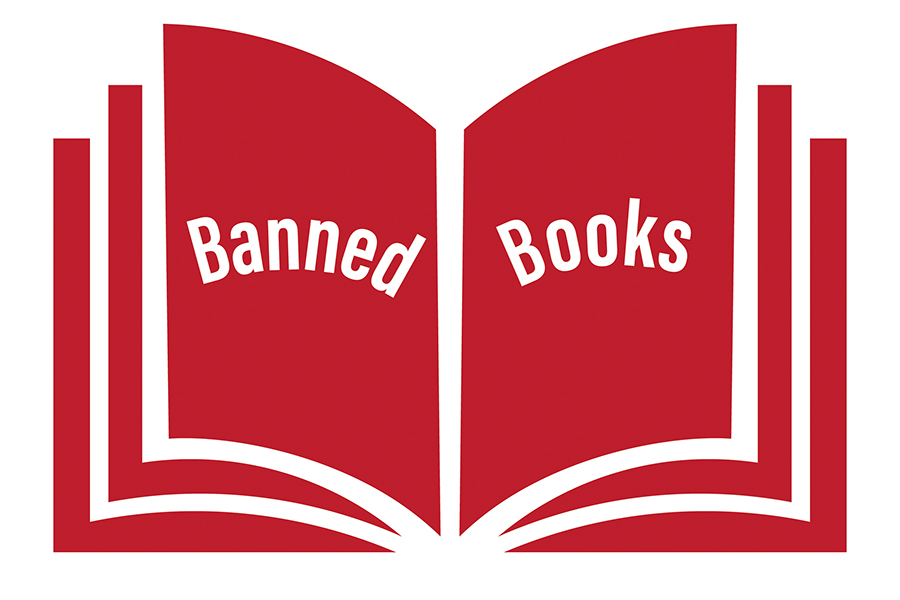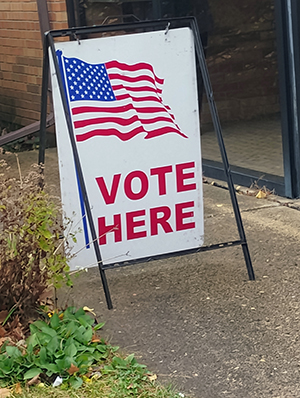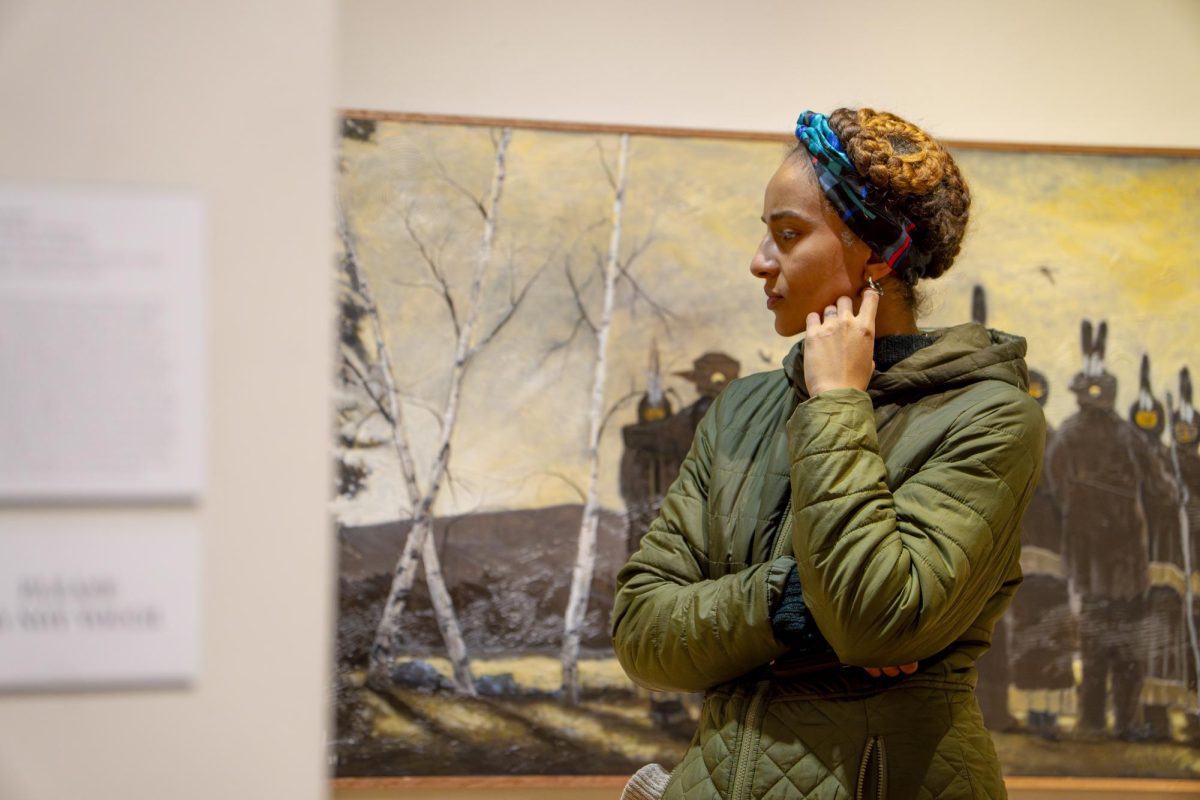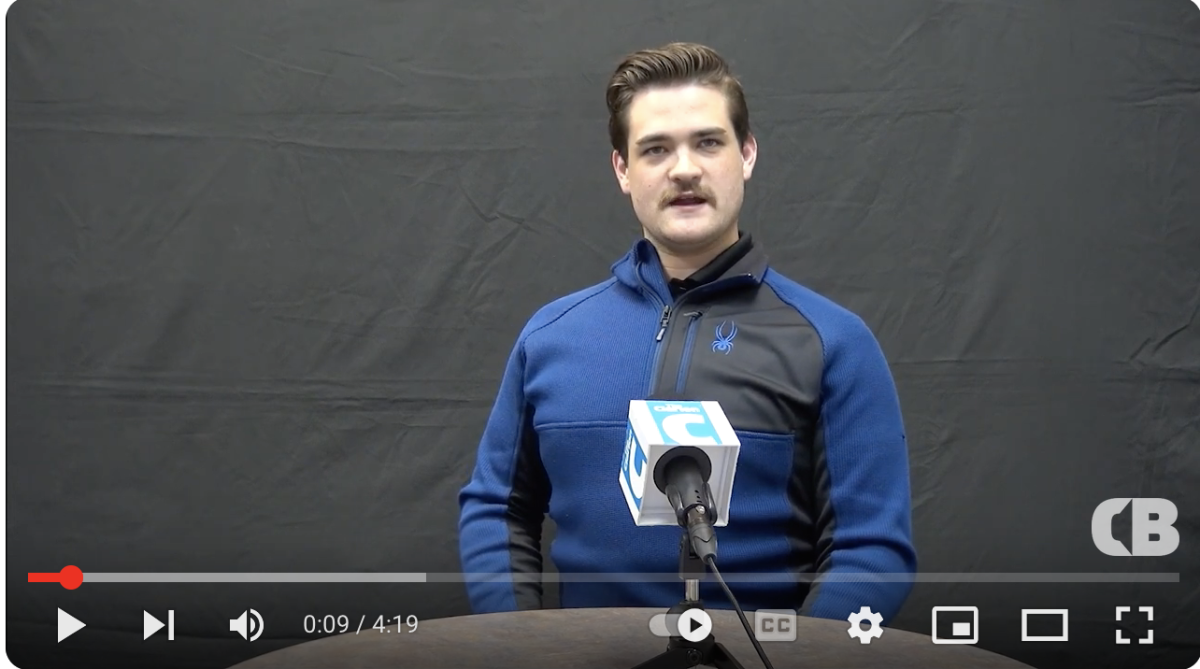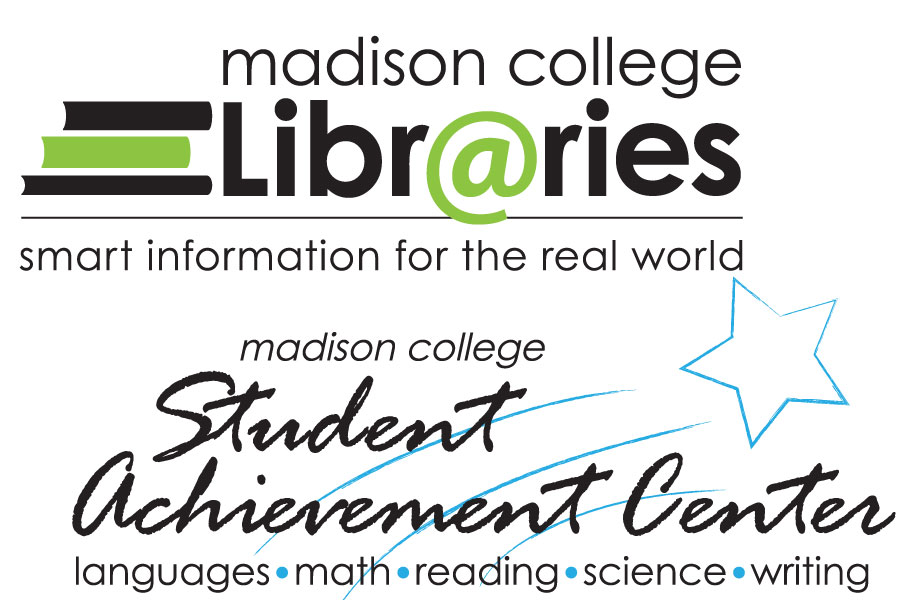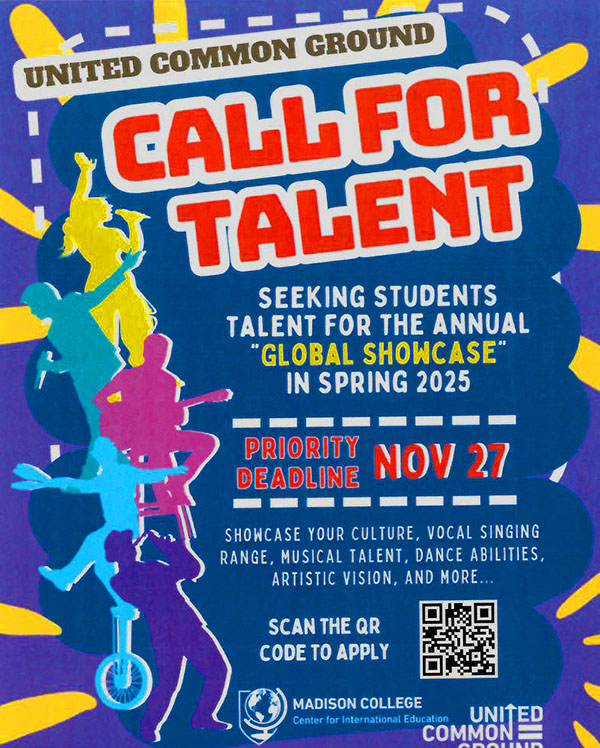Add to your toolkit to problem solve
Off The Shelf
February 5, 2020
“If the only tool you have is a hammer, then everything tends to look like a nail” – Abraham Maslow.
Maslow’s quote refers to the tendency to use just one way, often heavy-handed, to look at or solve an issue.
Many people have used a hammer to express their anger over this year’s Academy Awards nominees because of a lack of diversity.
Comedian Melissa Villasenor took a slightly different angle with a short bit she did during the Jan. 25, 2020, episode of Saturday Night Live.
She sang an original song for several of the nominated films, which all concluded the film was mainly about white male rage.
It was very funny, and based on social media reaction, she got the point across perfectly without having to use a hammer.
Criticisms of this year’s Academy Award nominees noted, something many of the Best Picture nominees do well is offer unique ways to look at things already familiar to us, perhaps getting us to think a little differently about those things.
“1917” uses two separate long one-shot techniques to immerse the viewer in the claustrophobic and horrific perspective of a soldier navigating the tunnels and deathtrap landscape of World War I to fulfill an assignment.
“JoJo Rabbit” uses dark humor, surrealism, and the perspective of a 10-year old boy in the Hitler Youth to show the horror of Nazi Germany, as well as how good people can participate in bad things.
“Parasite” uses dark humor and a compellingly suspenseful story line to make a comment on social inequality.
“Little Women” beautifully offers the familiar Louisa May Alcott story for viewers, but director Greta Gerwig uses the opportunity to add in her adapted screenplay an added emphasis on Jo standing up for the right to her own writing voice amid male-dominated publishing interests.
The lesson of being more flexible or creative with the way we communicate or try to get a point across is something we might want to consider in our everyday lives.
Some books in the Madison College Libraries offer strategies to get there.
Alan Alda’s “If I Understood You Would I Have This Look on My Face?” (2017) draws upon work done at his Center for Communicating Science to encourage people to take different strategies in the way they try to communicate ideas to other people.
Similarly, George Thompson’s “Verbal Judo: The Gentle Art of Persuasion” (2013) highlights different communication techniques to defuse confrontation and generate cooperation.
Adam Savage’s “Every Tool’s a Hammer: Life is What You Make It” (2019) presents a broader approach, emphasizing that in the creative process readers should think outside the box when making things or creating projects, and try several different approaches.
In these divisive times when everybody seems to be using a hammer to get their point across, these books offer a perspective worth considering.





